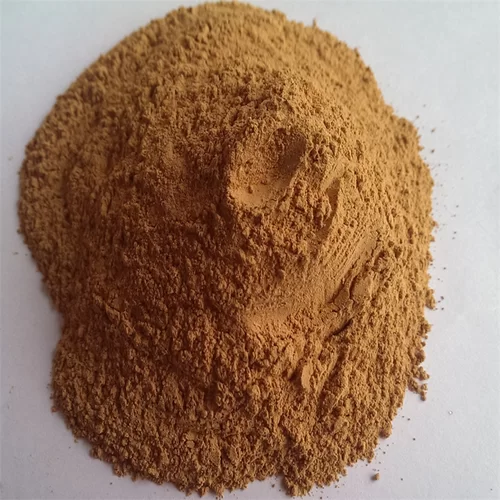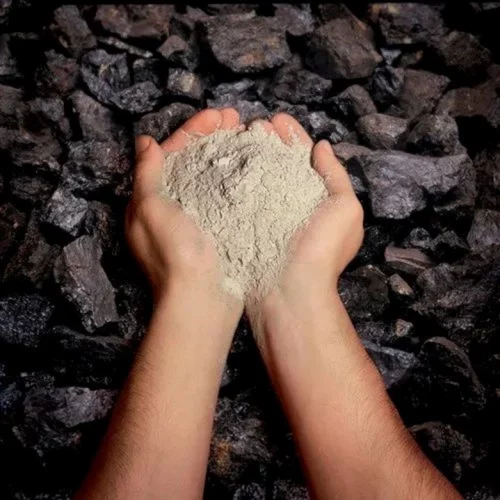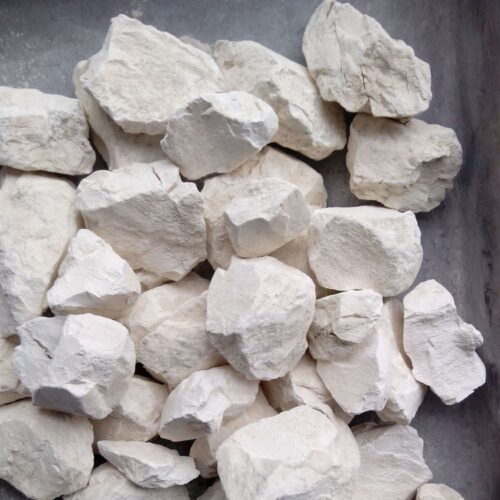Bentonite

Bentonite is a soft plastic clay composed of montmorillonite with trace amounts of kaolinite, cristobalite, illite, and other minerals. It is formed by the breakdown of volcanic ash or tuff or by the breakdown of other igneous or sedimentary rocks.
Bentonite is an absorbent aluminium phyllosilicate clay. Another name for it is Montmorillonite clay. The color of Bentonite clay should be a grey/cream color.
The primary property of bentonite is decolorization which is the earth’s ability to absorb certain pigments more easily than others based on the characteristics of the decolorized product (such as acidity, oxidation state, origin, and biological). In other word Bentonite has strong colloidal properties and swells to form a thixotropic, jelly-like substance on contact with water increasing its volume several times to absorb and lose water.
Bentonite is mainly used in drilling mud and as a binder, cleaning agent, absorbent and carrier for fertilizers or pesticides.
Bentonite’s chemical composition includes Silicon, Iron oxides and small amounts of Mg, K, and Ca.
- For Drilling Fluids
- Pilling
- Binder (e.g foundry-sand bond, iron ore pelletizer)
- Purifier
- Electrical Earthing
- Agriculture
- Cosmetics, Paper, Paints and Ceramics
- Absorbent (e.g pet litter)
- As a Groundwater Barrier
- FIBC Big Jumbo Bag
- Small Bag



